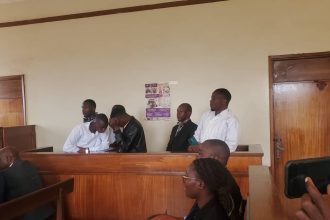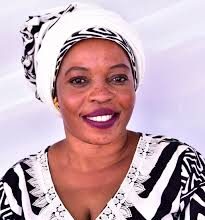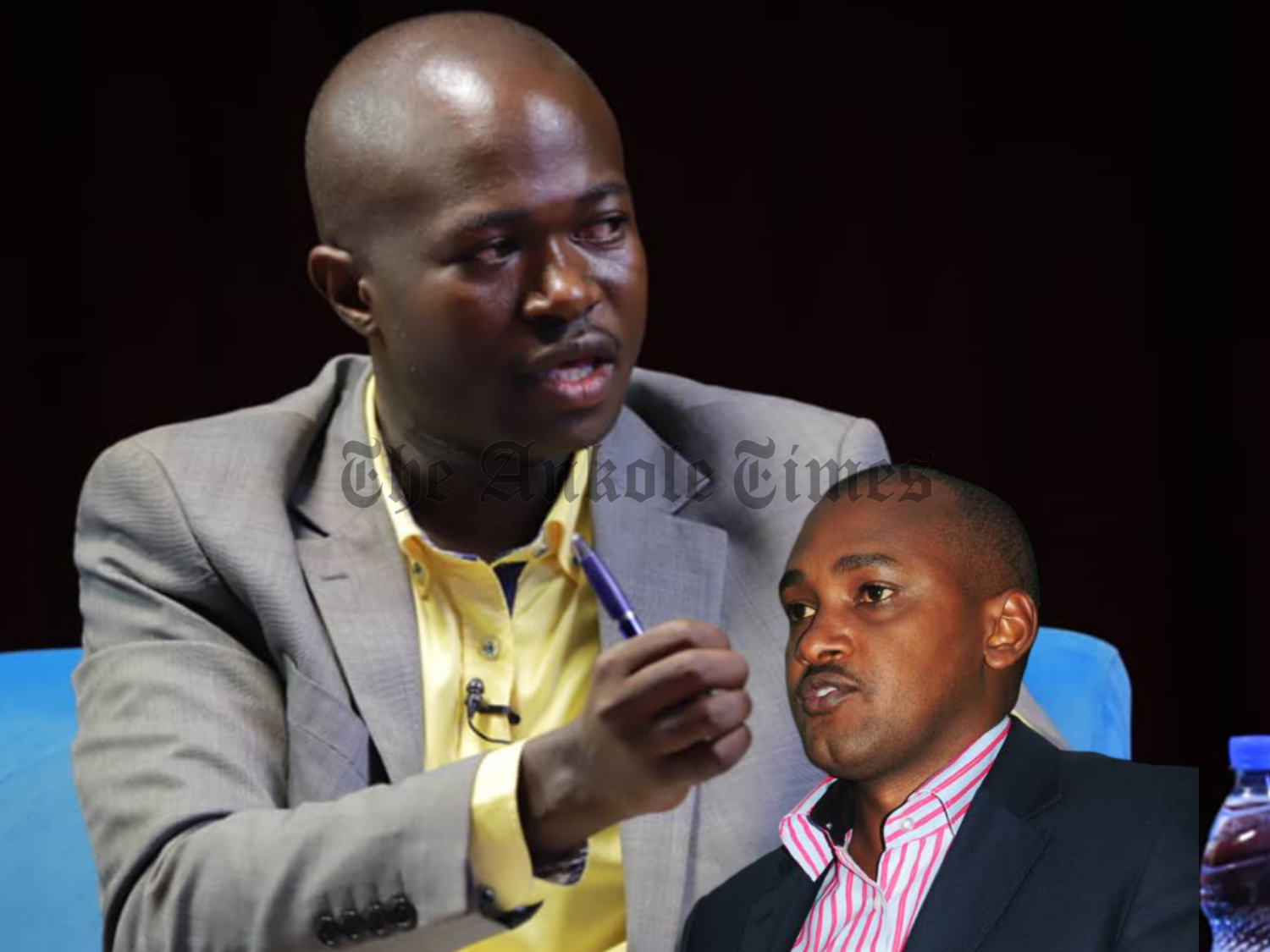In Uganda, where the line between civil society and politics is as thin as a razor’s edge, the government has once again wielded its mighty hammer.
This time, the blow landed squarely on the Uganda Globol Initiative for Development (UGAD), a once-promising NGO now accused of being a wolf in sheep’s clothing. In the land of the drum, where every beat carries a message, whispers of UGAD’s alleged political entanglements with the People Power Front (PPF) have grown into a thunderous roar. Like a snake in the grass, the NGO is said to have slithered into the murky waters of politics, violating its original mission and Uganda’s NGO regulations.
The government’s action, decisive and unrelenting, has sent shockwaves across the NGO sector. Established in 2023 by Musa Misango and Spartan Mukagyi, UGAD began as a beacon of hope, promising to drive development initiatives. Yet, government officials claim this bright star dimmed quickly, allegedly redirecting donor funds to fuel the PPF, a political movment registered in December 2023 that has been gaining both admirers and adversaries.
Adding fuel to the fire, Angela Kimuli, a respected figure in the diaspora, is accused of mobilizing resources to fund UGAD’s alleged political agenda. Like a pot refusing to call the kettle black, Kimuli has remained silent amid the accusations, leaving the public to wonder if silence is indeed golden or a sign of guilt.
Stephen Okello, the no-nonsense Executive Director of Uganda’s NGO Bureau, minced no words. “Using NGOs as fronts for political funding undermines their intended purpose and violates Uganda’s laws.” The Bureau, the watchdog tasked with regulating NGOs, has vowed to leave no stone unturned in ensuring compliance. The crackdown will include a deep dive into UGAD’s financial records and donor activities, all in a bid to restore transparency and accountability.
The founders, Misango and Mukagyi, remain tight-lipped, but their allies insist the allegations are politically motivated. According to insiders, the government is merely flexing its muscles to stifle dissent ahead of the anticipated unveiling of their new political party later this year. Supporters of the PPF have cried foul, accusing authorities of using the law as a weapon to silence opposition. “This isn’t about enforcing regulations, but crushing political competition,” one supporter claimed, echoing sentiments that have become all too familiar in Uganda’s political arena.
The diaspora’s involvement in the saga further highlights the power of Ugandans abroad in shaping the nation’s political discourse. Kimuli’s alleged role underscores how global connections can tilt the scales back home, for better or worse.
The closure of UGAD raises profound questions about the balance between enforcing regulations and safeguarding civil liberties. Critics argue that while oversight is crucial, it often becomes a tool for targeting organizations perceived as critical of the government. As the inquiry unfolds, the outcome could set a landmark precedent for Uganda’s civil society and its uneasy relationship with the political landscape.
Indeed, in the tug of war between government control and political freedom, this case will likely be a bellwether, determining whether NGOs in Uganda are allowed to soar like eagles or caged like birds under watchful eyes. Only time will tell if this is justice servd or a warning shot to those daring to walk the fine line between activism and politics.




















